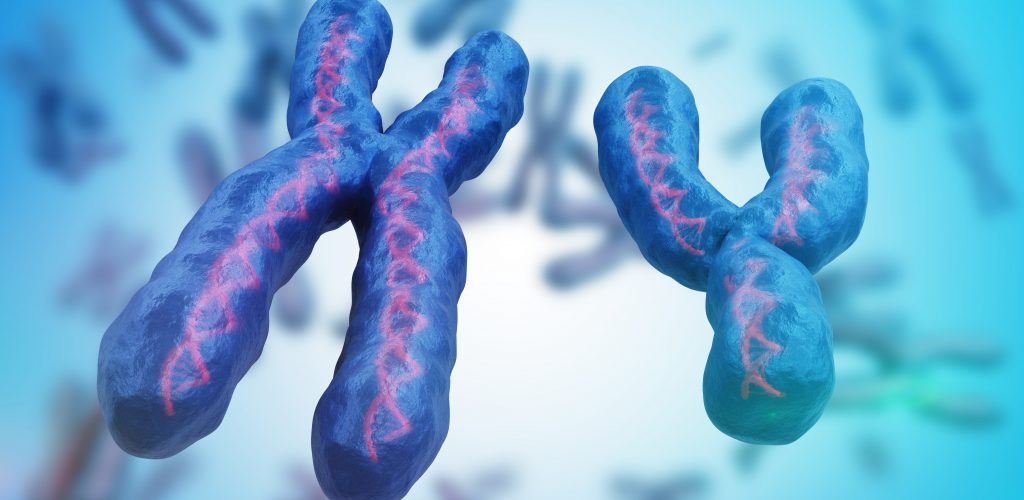
Chromosomal pathologies have a great impact on the health of individuals. Today, research in the field of genetics reveals this. In this article, we will discuss the basic information and classification of chromosome pathologies.
What is Chromosome?
Chromosomes are structural units inside our cells that carry genetic information. Humans have 46 chromosome pairs. These chromosomes are the organized form of DNA.
What are Chromosome Pathologies?
Chromosomal pathologies are abnormalities in the structure or number of chromosomes. These abnormalities are usually present from birth. They prevent the genetic material from working properly.
Down Syndrome (Trisomy 21)
The one of the most commonly known chromosomal pathologies is Down syndrome. It occurs when the 21st chromosome pair is found in two instead of three. It causes significant differences in mental and physical development in individuals.
Turner Syndrome and Klinefelter Syndrome
Turner syndrome is a condition in which women are missing the X chromosome, the sex chromosome. Klinefelter syndrome involves an extra X chromosome in males, usually referred to as XXY.
Chromosome Deletion and Duplication
Another classification of chromosome pathologies is the missing (deletion) or excess (duplication) of genetic material on the chromosome. These conditions cause a variety of genetic disorders.
Wolf-Hirschhorn Syndrome and Cri-du-chat Syndrome
Wolf-Hirschhorn syndrome is a condition caused by a deletion on the long arm of chromosome 4. Cri-du-chat syndrome develops due to a deletion in the short arm of chromosome 5.
Chromosome Pathologies and Treatment Methods
Chromosomal pathologies are genetic disorders that can affect individuals’ quality of life. However, thanks to modern medicine and genetic research, early diagnosis and management of these pathologies is becoming possible. Treatment options generally focus on relieving symptoms and improving the individual’s quality of life. More research on chromosome pathologies will contribute to a better understanding of these conditions and the development of treatment methods.
[…] it is possible to improve an individual’s quality of life. The process of coping with this genetic disorder requires collaboration between specialized healthcare professionals, the family, and the […]